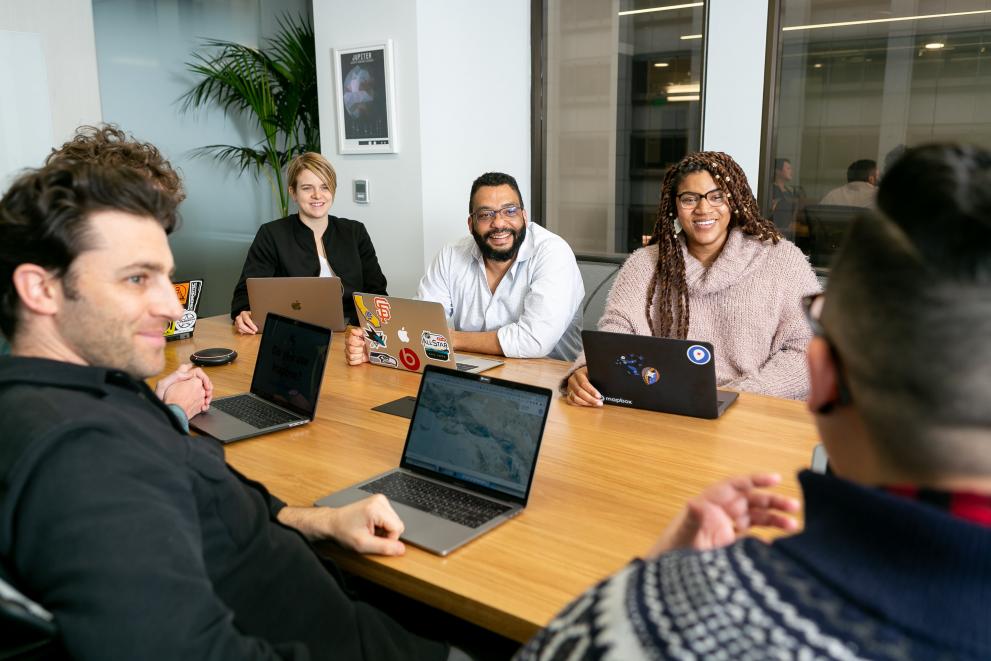
1. Seek feedback
It can be difficult to be objective about your own work. Ask trusted colleagues who you collaborate with regularly to provide short feedback. For example, three strengths and three areas for improvement. An appropriate time to do this could be at the conclusion of an important project, or in the run up to a performance review. This can help you to pinpoint the soft skills you need to develop further.
2. Learn from others
Try and model the behaviour of those who you enjoy working with the most. Think about what it is about a particular colleague or client that makes them so great to work with. Perhaps they are great at remaining calm under pressure, or maybe they give really useful constructive feedback? Whatever it is, aim to introduce it into your own approach to work.
3. Take part in training
Use any spare time you may have in your workday to take part in online training and build your soft skills. LinkedIn Learning, for example, offers a Learning Pathway on ‘In-Demand Professional Soft Skills’, while Udemy provides a course on ‘11 Essential Career Soft Skills’.
4. Practice in your free time
Take part in a person-facing activity to practice your soft skills outside of work. For example, join a sports team, or volunteer for a local charity. Practice makes perfect, after all, and this can provide a great opportunity to put your skills to the test in a less pressured environment.
5. View ‘mistakes’ as opportunities for reflection and development
Use moments when things don’t go to plan as a chance to reflect on how you can avoid or minimise the same issues in the future, and adjust your behaviour accordingly. This will help to ensure that you continually develop and improve your soft skills.
In partnership with EURES, the European Job Mobility Portal.
Related links:
LinkedIn Learning Pathway – ‘In-Demand Professional Soft Skills’
Udemy – ‘11 Essential Career Soft Skills’
Read more:
Find EURES Advisers
Living and working conditions in EURES countries
EURES Jobs Database
EURES services for employers
EURES Events Calendar
Upcoming Online Events
EURES on Facebook
EURES on Twitter
EURES on LinkedIn
Details
- Publication date
- 10 August 2022
- Authors
- European Labour Authority | Directorate-General for Employment, Social Affairs and Inclusion
- Topics
- Hints and tips
- Youth
- Related section(s)
- Hints & tips
- Learning
- Living and Working
- Sector
- Accomodation and food service activities
- Activities of extraterritorial organisations and bodies
- Activities of households as employers, undifferentiated goods- and services
- Administrative and support service activities
- Agriculture, forestry and fishing
- Arts, entertainment and recreation
- Construction
- Education
- Electricity, gas, steam and air conditioning supply
- Financial and insurance activities
- Human health and social work activities
- Information and communication
- Manufacturing
- Mining and quarrying
- Other service activities
- Professional, scientific and technical activities
- Public administration and defence; compulsory social security
- Real estate activities
- Transportation and storage
- Water supply, sewerage, waste management and remediation activities
- Wholesale and retail trade; repair of motor vehicles and motorcycles